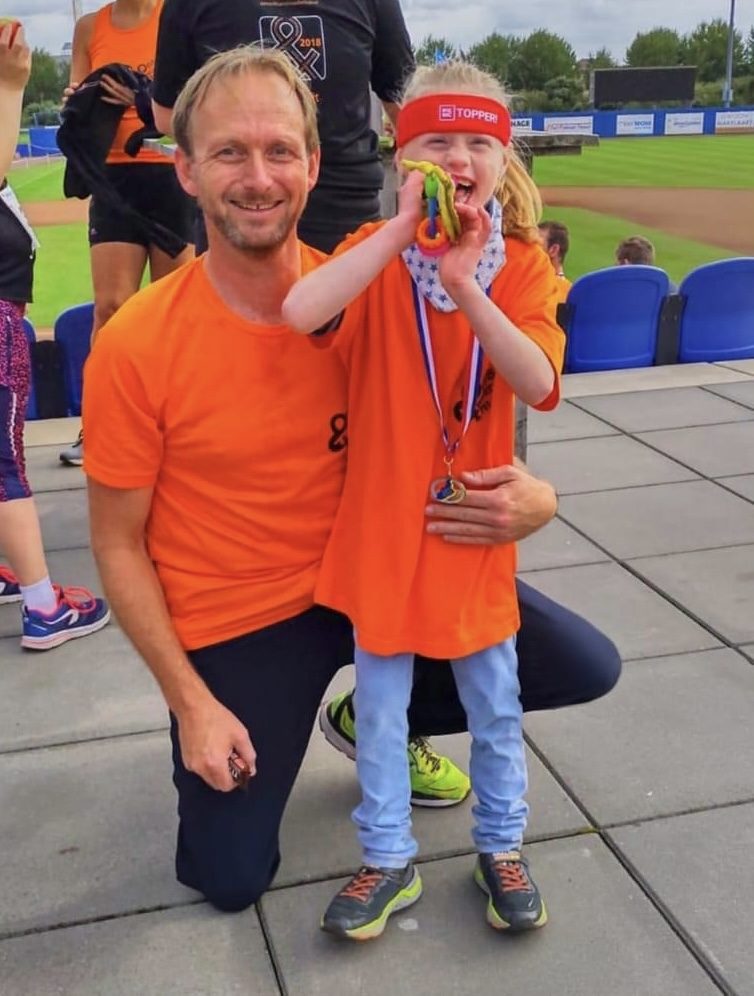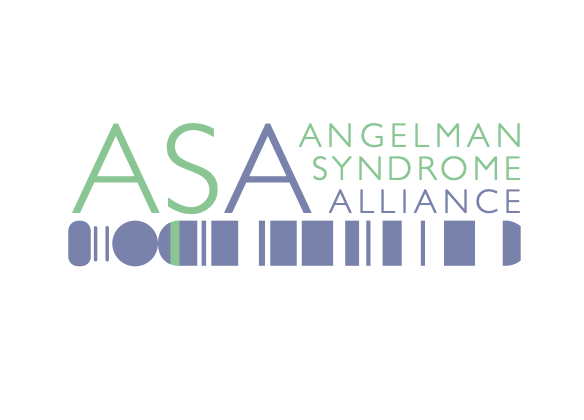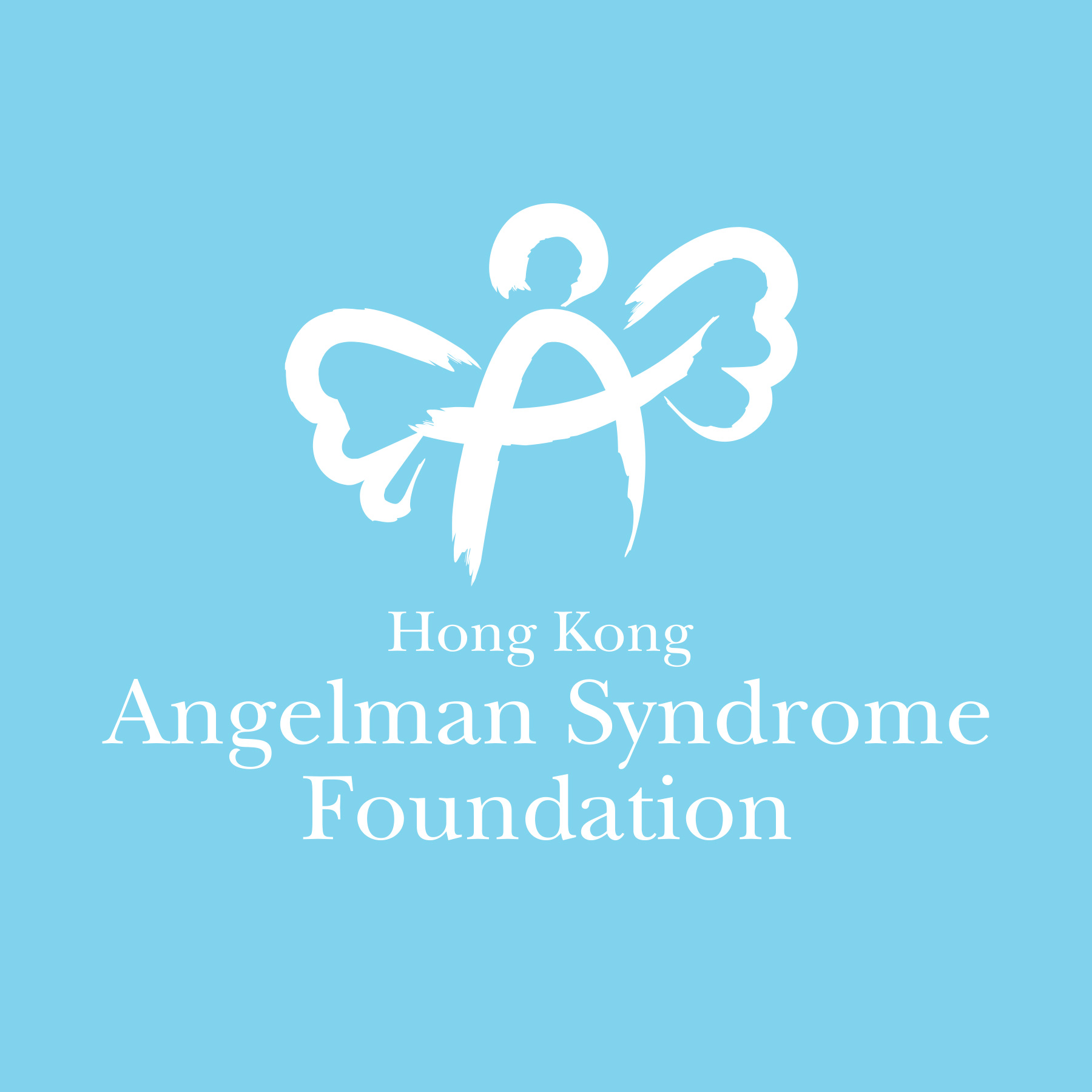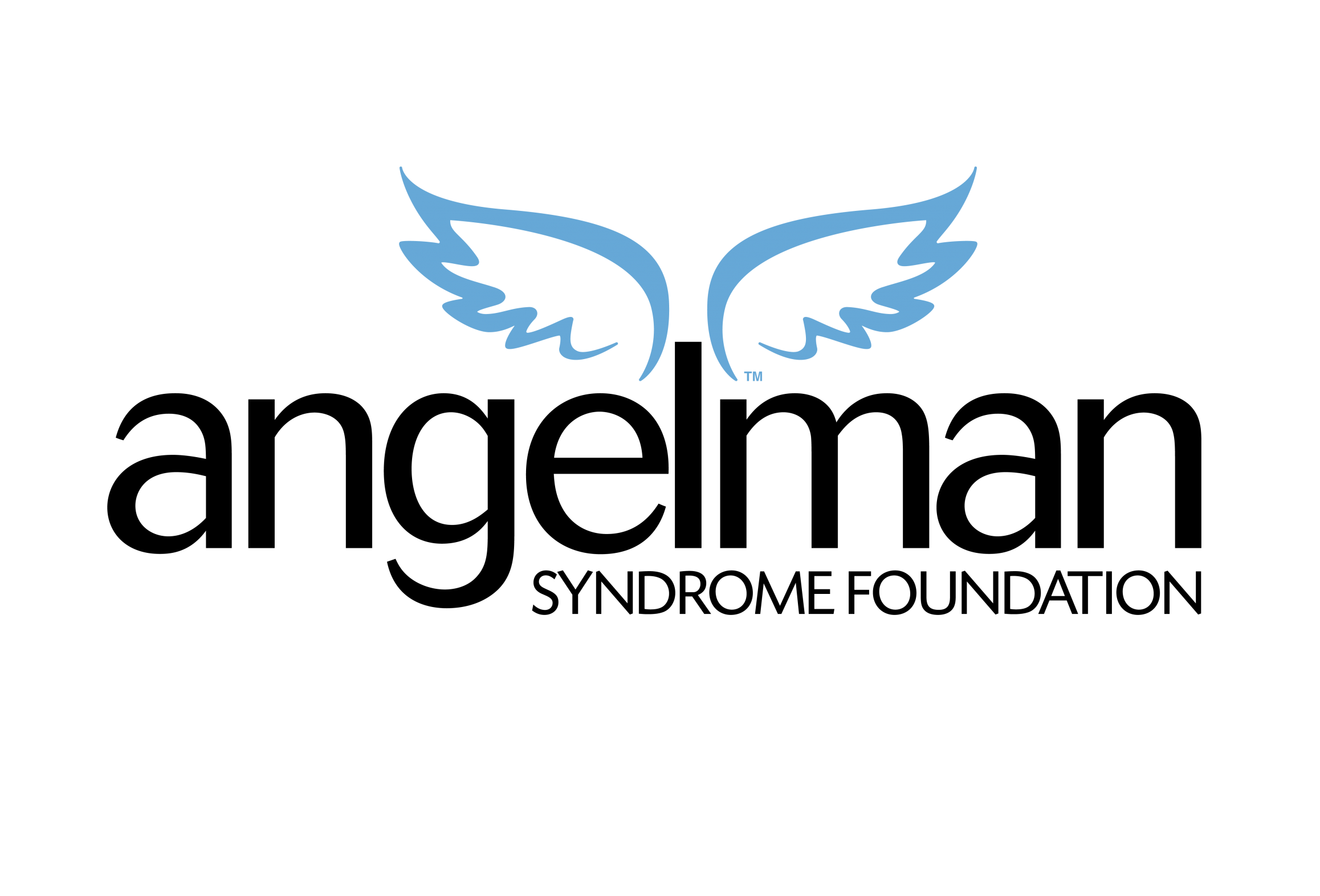
What is “Angelman Syndrome”?
Officially, it is described as follows:
“Angelman syndrome (AS) is a rare neuro-genetic disorder that occurs in one in 15,000 live births or 500,000 people worldwide. It is caused by a loss of function of the UBE3A gene in the 15th chromosome derived from the mother.”
To completely understand this, you need to understand the basics of your body: Everything is built by your DNA. Your DNA is built by the combination of the chromosomes you received from your parents: 23 from your mother, and 23 from your father. When there is even the smallest fault in 1 of those 46 chromosomes you received at conception, the information is lost in all of your DNA. People with Angelman have a very small part (a gene) that is missing from the 15th chromosome from mother’s side. This is called ‘deletion +’.
(NB: There are other versions of Angelman; however, the ‘deletion’ is the most common.)
Mathematically, every town with more than 15,000 people will have at least 1 person with Angelman Syndrome. So it is very likely you have seen, or even met an ‘Angel’. But how to recognise them? There are clear signs that indicate ‘Angelman Syndrome’, if you know what to look for. They will generally have severe intellectual delays, poor balance, seizures, motor disorders, and they will be very happy. However, most of these symptoms are also common for many other disorders. If you are able to spot an Angel from looking at them, you are either a professional specialised in rare disorders, or you have an Angel in your direct family. When you know what to look for, you know instantly if someone has Angelman.
What is it like to live with an Angel ?
As told by Nora and Arjan van HAL (Femke’s parents)
The life expectancy of people with Angelman syndrome is normal. Angelman syndrome itself does not cause death. However, there can be severe complications: extreme seizures are the most common.
An Angel needs help with everything from getting dressed, to eating, getting down the stairs, bathing, changing diapers: everything.
Some Angels will never learn to walk, most will be late to start (3 to 6 years old), and I still haven’t seen an Angel that can run well (note: they do exist!). They may not be able to walk for a long time, so they will need a buggy (or wheelchair) almost everywhere they go.
The annoying part is the lack of speech. And just because they can’t speak, doesn’t mean they have nothing to say, or no thoughts, dreams or wishes. We always say our daughter will be able to follow 80% of everything she hears. When she’s watching television she will laugh and be scared at the appropriate moment.
Sign language is not an option with most Angels, because of the lack of fine motor skills. Some will use a picture-book or a tablet, some will look at what they want, others will just scream to get attention, or take your hand and walk to the fridge to get a drink.
A very common effect of Angelman is that they will have big problems with sleeping; often they will only sleep for 3-5 hours per day. And when they are awake: they need constant supervision.
An Angel will always appear to be happy, they will laugh all the time, and will always have a smile… even when they are hurt. They won’t be able to explain what happened, or show where it hurts. The trick is to recognize the difference between the ‘happy smile’ and the ‘sad smile’. (And even when you KNOW something is very wrong, and go to the ER… the doctors there will only see a happy kid that’s smiling to everybody, so they’ll try to send you home.)
Like most disorders and diseases, it doesn’t just affect the patient, it affects the whole family. It is hard on everybody, siblings, parents, even the neighbours will have their own stories. Because Angels see no danger, they need constant supervision. They will walk into traffic / a river / a ravine, they will play with knives and try to hug an attacking dog and they will laugh while doing so. It is up to the caregiver to make sure they stay safe. Getting things done like cooking, cleaning or even a quick bathroom break are not a realistic option when you are supervising. During the nights, they will be awake most of the time. Parents have to take turns supervising, so the other parent can sleep. An alarming high percentage of parents will go months and even years without ever waking up next to each other.
Living with an Angel is extremely rewarding, and extremely exhausting. On the bright side an Angel will love you unconditionally: they give you the best hugs, the wettest kisses and they will teach you a whole new world you never knew existed. You will never look at simple things the same with an Angel by your side.


The Angelman Syndrome Alliance (ASA) is a partnership of organizations from around the world that are focused on supporting people with Angelman Syndrome, their loved ones, carers and clinicians. By combining resources, knowledge and a relentless dedication to initiate change, the ASA is uniquely positioned to drive advances in scientific knowledge about Angelman Syndrome. As a rare disease, funding for scientific research from major funders is limited. The ASA is breaking new ground, utilizing limited resources from around the globe in a smarter manner. By combining financial resources we can fund research that individually our organisations could not.
The mission of the Angelman Syndrome Foundation is to advance the awareness and treatment of Angelman syndrome through education and information, research, and support for individuals with Angelman syndrome, their families and other concerned parties. We exist to give all of them a reason to smile, with the ultimate goal of finding a cure.
















Follow the challenge and Contact us
Facebook
Instagram
Youtube
E-mail